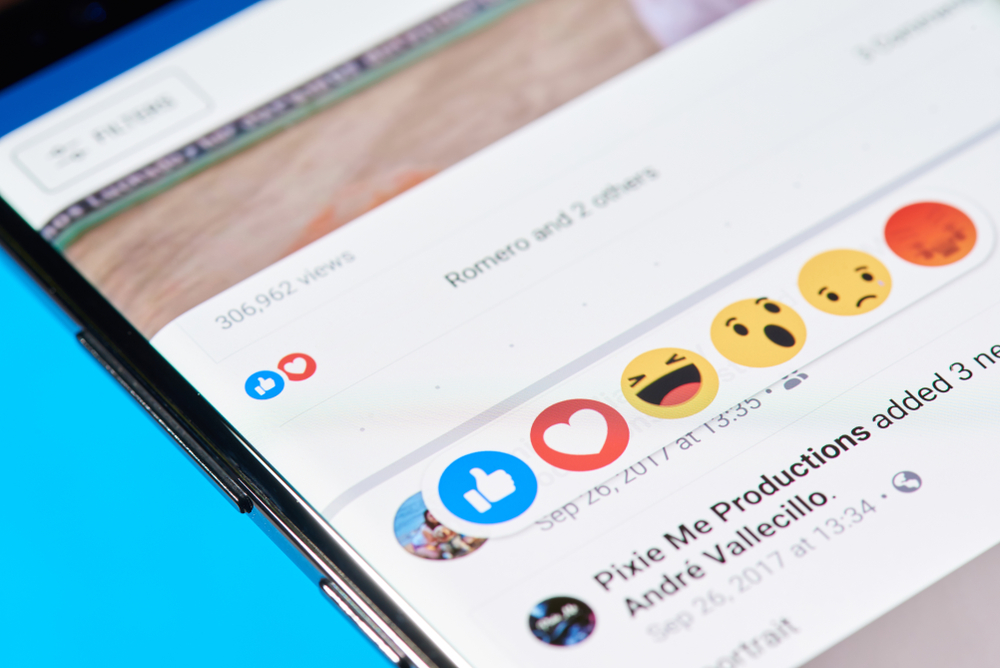The Week in Fact-Checking is a newsletter about fact-checking and accountability journalism, from Poynter's International Fact-Checking Network & the American Press Institute's Accountability Project. Sign up here.
More anti-fake news actions
Remember in March when Poynter rounded up all the anti-misinformation actions around the world? Things haven’t really slowed down since then.
Malaysia’s newly elected prime minister is leaning towards keeping a controversial anti-fake news law that passed in early April. The Committee to Protect Journalists asked the Kenyan president not to pass such a law, while Tanzania and Uganda are considering similar measures. Then there are no less than 20 draft bills in the Brazilian Congress aimed at criminalizing misinformation.
We’ll keep updating our roundup on an ongoing basis. See a law that we should include? Send it to us at factchecknet@poynter.org.

This is how we do it
- A circuit court judge and an Associated Press Fact Check came to the same conclusion: A campaign ad in Arkansas was misleading. The judge ordered television stations to stop running it. (Above: An Arkansas Supreme Court sits inside the House chamber.)
- In last week’s newsletter, we cited the sketchy Facebook page that erroneously reported a Maine legislator’s death. This week, the page is gone.
- Are single men over 25 a menace to society? A religion writer explains how she fact-checked an alleged Brigham Young quote.
Research you can use
- Only 5 to 9 percent of Twitter users bother to check information tweeted during a natural disaster before they share it, according to a new study.
- “You see it, you buy it” is how Nieman Lab describes newly updated research that says mere exposure to a fake news headline increases the chance we’ll believe it.
- How much do we love fake news? The Outline answers that question, visually.

This is bad
- A D.C. cybersecurity think tank created dozens of fake Twitter accounts to promote the work of one of its co-founders, says BuzzFeed News.
- “Social media allowed our membership to explode,” says the leader of a neo-Nazi group. But Indian fact-checkers at AltNews says social media also allows political parties and nationalist groups to take advantage of “people’s inability to distinguish between fake and real information.”
- BuzzFeed News’ Charlie Warzel purchased a fake, phone-verified Facebook account with Bitcoin in only 30 minutes.
A closer look
- Politico detailed the life of a fake news story about the Supreme Court and Sharia law.
- Is this documentary trailer real or fake? A group of French journalists sets out to see if anyone knows the difference.
- WBUR’s Cognoscenti podcast outlined the “human fix” for Facebook.

If you listen to one more thing
The Daily podcast from The New York Times describes the devastating consequences of Facebook rumors gone wild.
12 quick fact-checking links
- Facebook has expanded its fact-checking program to Argentina and Brazil.
- Politico says a “digital ad targeting group” will launch “Antidote,” a tool to help Democratic candidates and organizations fight political misinformation.
- Mother Jones is trying to put together a disinformation squad.
- Fake news on WhatsApp: Still bad, getting worse.
- Facebook removed a gazillion accounts (or so) for violation of fake news and other rules during the first quarter of 2018.
- Oprah and Michael B. Jordan came out against fake news so our work is done here.
- OK! Magazine says it’s “fact-checking” a Lifetime movie about Harry and Meghan. Sigh.
- The IFCN’s Alexios Mantzarlis talked about Facebook and misinformation on The Atlantic’s new technology podcast.
- Annenberg and iCivics will release a new fact-checking game before the November elections in the U.S.
- Here’s how to prepare your newsroom for the next big viral hoax.
- Who really stormed the stage during the Eurovision Song Contest? Here’s the fact check.
- Lavoce.info published a look back at its first year of fact-checking.
Until next week,







